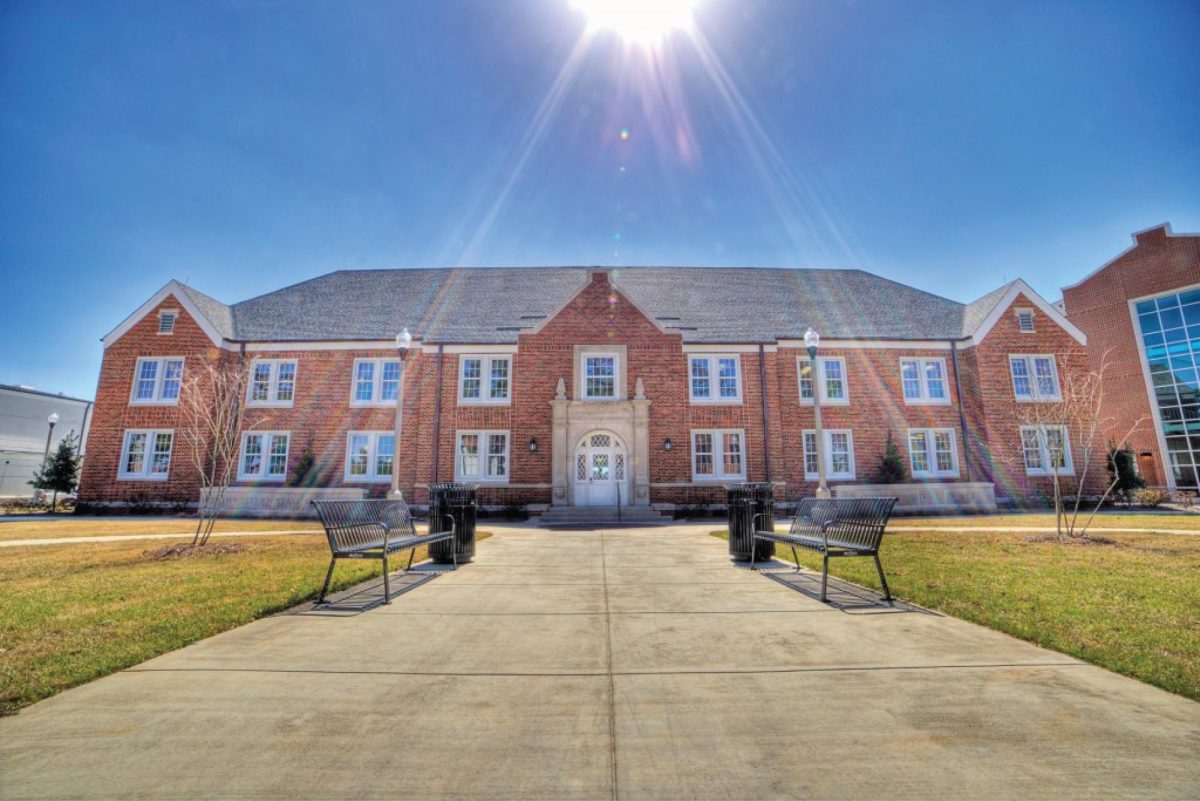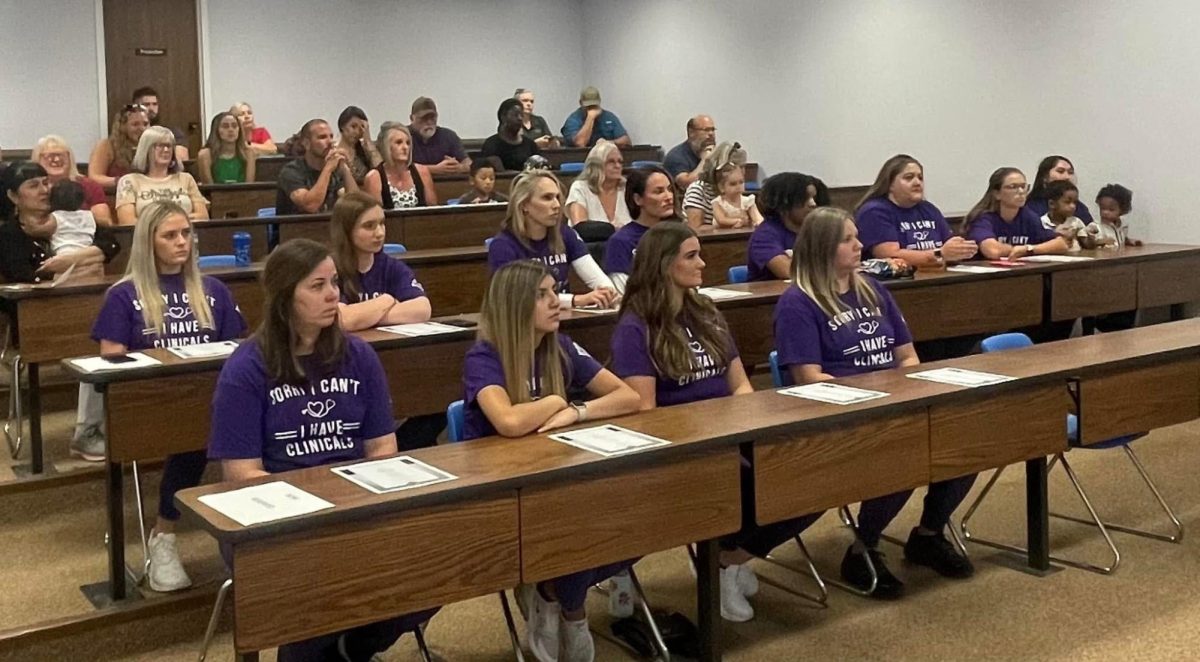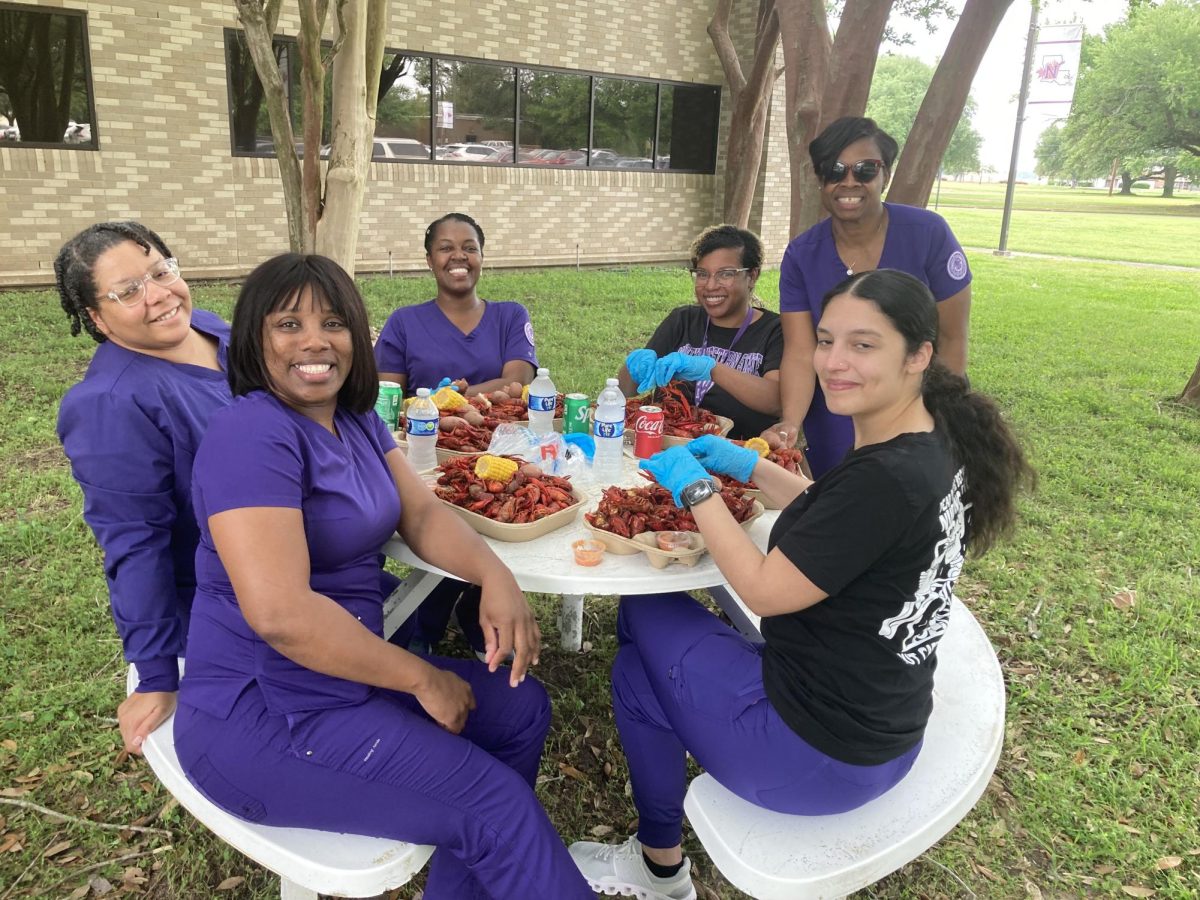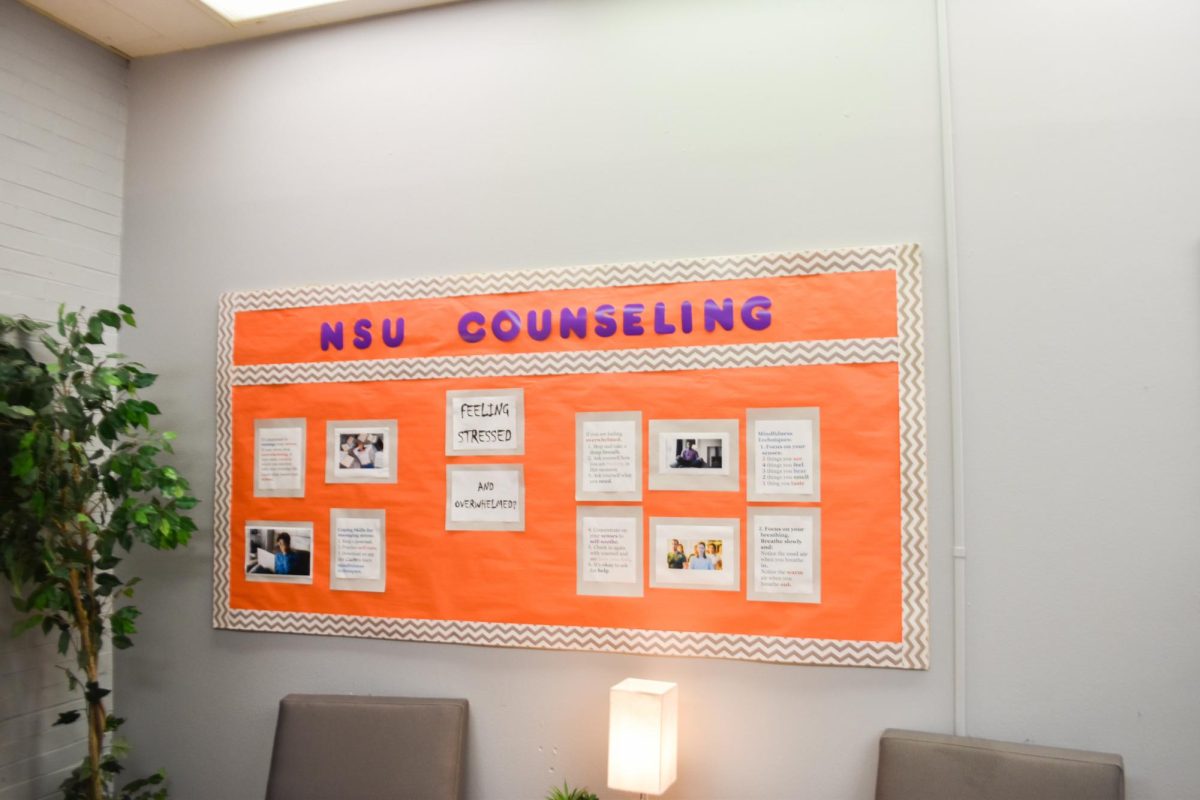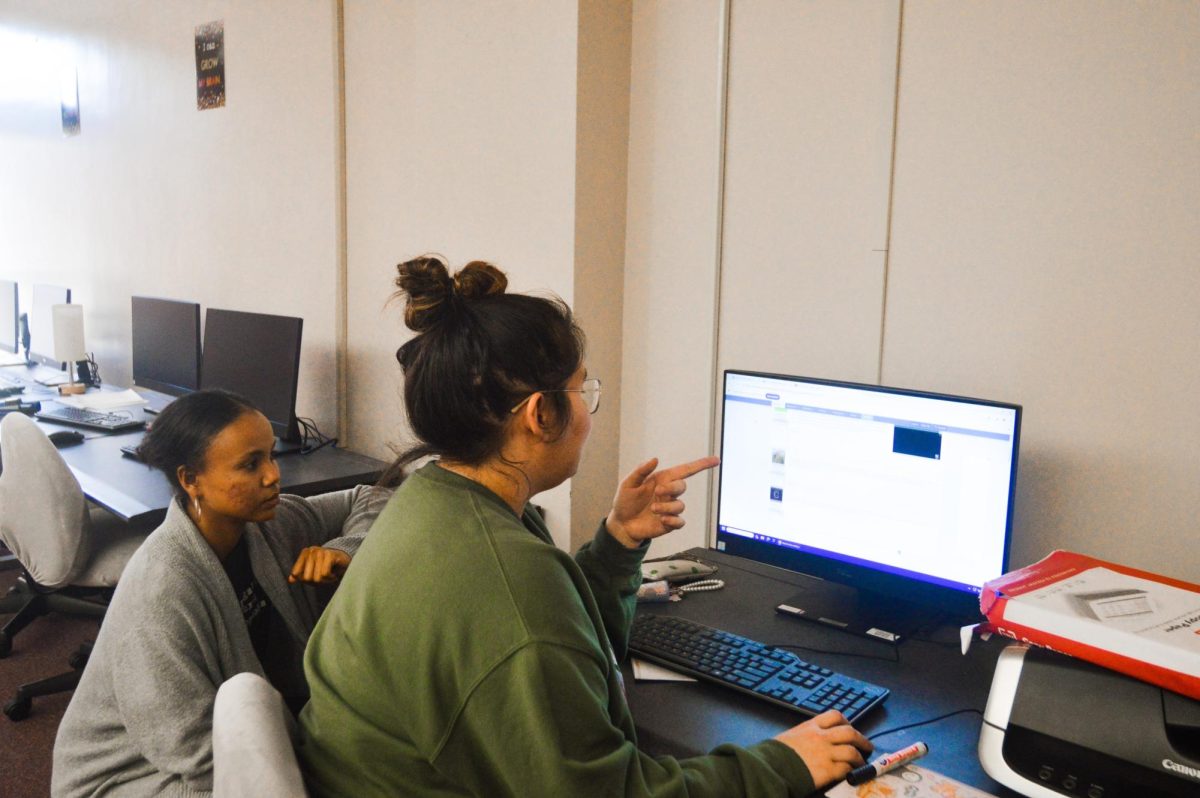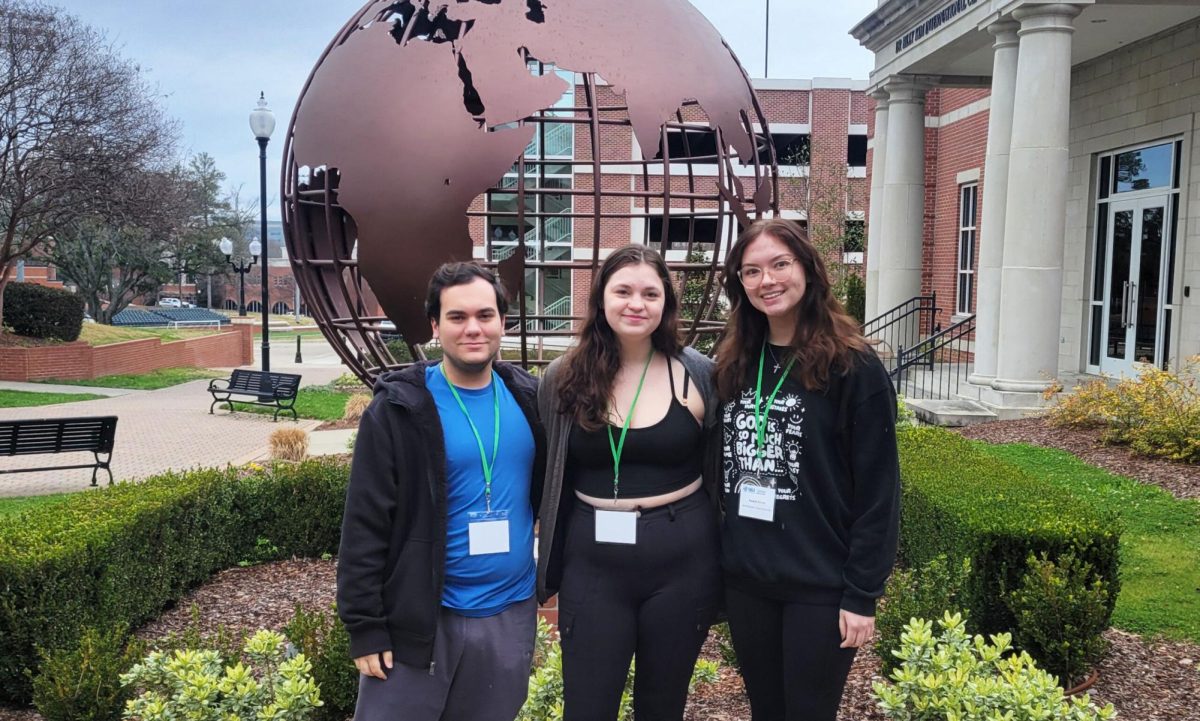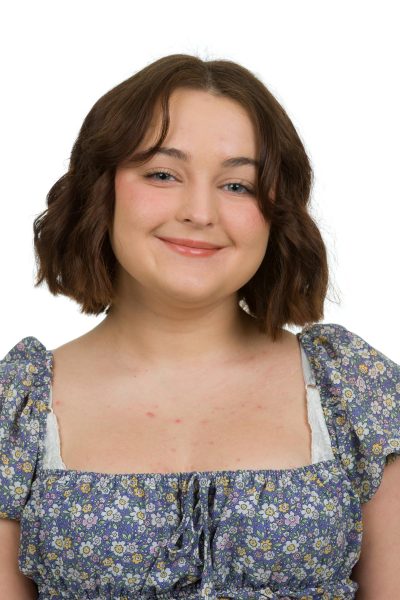Graduate school at Northwestern State University is one of the many options presented to students after finishing their undergraduate studies. NSU’s graduate school programs differ from others as they offer more fields of study as well as provide personal services, advising models and advanced instructional classes.
Many students choose to further their education as a means to pursue a master’s or doctorate, while others are looking to further their knowledge in their respective fields. Greere Koehler is a second-year M.S. clinical psychology student who chose NSU’s graduate program knowing that she would be able to further her education in the field she was interested in.
“After a year of working, I wanted to be able to do more for those struggling with their mental health,” Koehler said. “My younger sister was also attending NSU at the time as an undergraduate and told me how much she loved not only the school but the atmosphere. There are few options in the state and NSU just so happened to have the program I was interested in!”
The most important parts of getting into graduate school are the academic qualifications and characteristics of students. Greg Handel is the dean of NSU’s graduate school and helps in deciding whether or not students qualify for their program of choice. “We always look at their qualifications first. Beyond that, each program has its own set of requirements or check marks that they like to see in students. That can be a portfolio, research they’ve done or scholarly publications,” Handel said.
Graduate school workloads and hours are also quite different from what students experience in their undergraduate studies. Ali Perrillioux is a second-year M.S. clinical psychology student whose classes can be quite complex.
“First, we go into more depth on things we would have learned in undergraduate classes like theories, ethics or statistics. The biggest downside to graduate classes is that they last for almost three hours, but we only have each lecture class once a week. Then we start interacting with volunteers our very first semester. First, it is interviews, then assessments and now therapy! We get practical experience on, and soon to be off campus,” Perrillioux said.
Perrillioux’s classes don’t keep her too busy, though, allowing her to be engaged with NSU’s community. “I’m still able to be involved in the music department and I’ve been able to play in the NSU Wind Symphony for the last five and a half years,” Perrillioux said.
With the heavy workloads and stress of graduate school, students may often feel lost or out of place in their studies. Adam Smith is in his first year of the master’s program for clinical psychology and offers some tips to those considering graduate school and those already in different graduate school programs.
“Study a lot more than you think you should and talk to people. Don’t think you can sit alone and pull something off,” Smith said. “I’ve been the person who thinks they can pull something off and try to be autonomous. Then I get down to it and see that I am starting to sink on my own. Talking to my classmates helped me realize that I don’t have to sink alone and that I do have lifelines.”
Graduate school offers students who choose to pursue further education opportunities for advanced learning, research in their respective fields and personal growth. While their time in graduate school can be demanding, the skills they learn will greatly benefit them and help them succeed in their careers.





















